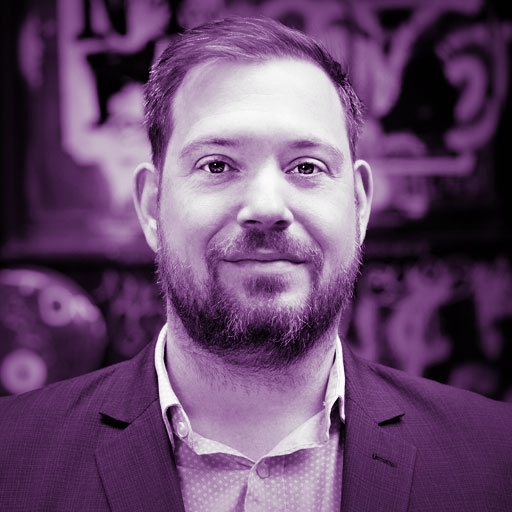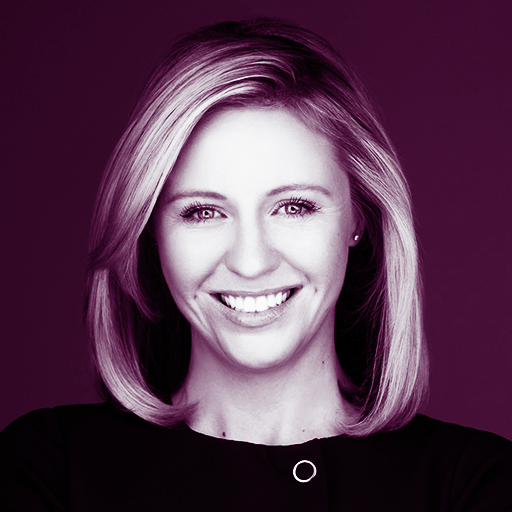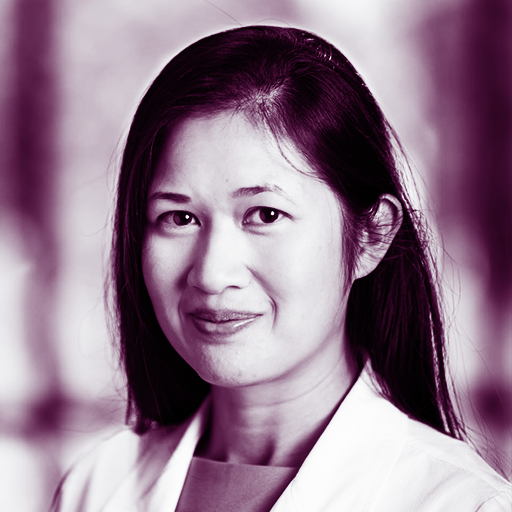Episode 167: Egg Freezing: The Back Up Plan
People are increasingly having children later in life and for some, the decision is to have no children at all. Those who teeter between the options, unsure of their decision, know that one thing is true; time is ticking.
Today’s guest, Shannon Fender, wasn’t always certain about parenthood, but at one point she realized she should put things in place in case that was something she wanted to pursue in the future. In this episode, Shannon dives into her experience with egg freezing and her gratitude for employers like hers, who have chosen to invest in the lives of their employees. Shannon is joined by Dr. Kathy Hong, an REI from RMA of NJ, where she describes the medical preparation and procedure that’s part of the egg freezing process.
Guests: Shannon Fender, Progyny member, Dr. Kathy Hong, RMA of New Jersey
Host: Dan Bulger, Progyny
For more information, visit Progyny’s Podcast page and Progyny’s Education page for more resources. Be sure to follow us on Instagram, @ThisisInfertilityPodcast and use the #ThisisInfertility. Have a question, comment, or want to share your story? Email us at thisisinfertility@progyny.com.
This podcast is also available to watch on YouTube.
Here are some highlights from this episode:
A Change in Mind
03:21 – 06:44
Shannon Fender: I swore up and down in my twenties that I didn’t want kids. I wasn’t going to have them and then stereotypically reached my thirties and realized that might not be true for me. So, here I am in my mid-thirties. I don’t have a partner currently and I’m not looking to start a family right away, but I’m interested in preserving my fertility until a later date, and very much understand that there is a biological clock associated with that. I first heard about egg freezing during a Sex in the City episode. Miranda talked about creating a fertility savings account. And so, I was kind of familiar with that concept. And then of course, I heard about IVF over time, and I had several friends who for different reasons, either had frozen their eggs or gone through IVF and so I did know about it beforehand.
Dr. Kathy Hong: In a typical month with egg freezing, you have a group of eggs that is dormant, and one of them is activated by the hormones that are secreted from the brain. And this allows one follicle to grow which is a container for an egg and that one grows, and you ovulate that and the egg is released and can potentially get together with a sperm if you’re trying to get pregnant. The concept with egg freezing is that there are a number of dormant eggs that month that are otherwise not being activated. And instead of just utilizing the one that month to save for the future, what we can do is have you take medications that are usually in the form of injectable medications. And these basically step into the place of where your brain would normally stimulate the growth of one follicle, and you can stimulate the growth of the entire group of otherwise dormant follicles. So that group of follicles would normally just die off at the end of that month if you’re not using them. The concept with egg freezing is that you can actually save the eggs within them for the future. It makes it much more efficient than just saving one egg per month. And at the end of that month, you’ve saved yourself a group of eggs and your future self can have access to a younger version of you to help to conceive with.
Dan Bulger: The eggs that are retrieved can then be frozen using vitrification. And those eggs can be kept in storage for as long as you might need. The eggs won’t age while frozen. When needed, they can be thawed and then utilized.
Possibility with Progyny
07:34 – 16:19
Shannon Fender: You know, I wasn’t really looking for the fertility benefit when I joined my current employer, but I found out about it quickly after I joined and was just really excited about it. Once I found out the out-of-pocket costs for me were going to max out at $4,000, I figured out a way to swing it. And that made it really easy. But my understanding is that this can cost you know, upwards of $20,000 to do without the benefit. So that would have been out of reach for me right now. I may have been able to do it sometime in the future. But no time like the present, as I’ve learned with egg freezing. I’m 34, kind of reaching that tipping point into 35, where it starts to be more difficult for women to conceive naturally, it really kind of aligned to the right time for me to be able to do it.
Dr. Kathy Hong: When you do egg freezing and you take injectable medications, it usually takes about seven to ten days for those injectable medications to cause a group of follicles to grow. And when those follicles are at their optimal size which can be measured on transvaginal ultrasound, then what you do is you take a trigger shot, which mimics what your body would normally give you to ovulate, except that it’s timed so before you actually ovulate and release those eggs, an egg retrieval’s performed.
Shannon Fender: I had a very great experience where it just became very clear for me in that first consultation that I absolutely wanted to do this, I wanted to give myself every ability to preserve my fertility and have kids in the future biologically.
Dan Bulger: Shannon shared that she was happy with the results. Shannon’s experience is extremely helpful for anyone listening. But her results aren’t actually going to be relevant to other people who have, you know, their own bodies. But Shannon got a lot of eggs, so many eggs, in fact that she experienced a lot of bloating and some significant discomfort. One potential risk of egg freezing is OHSS, which is ovarian hyperstimulation syndrome, which sounds an awful lot like what Shannon just described, this can actually be a quite dangerous thing if left untreated.
A Future Full of Options
17:04 – 23:55

Host
Dan has been in the healthcare industry for the past ten plus years as a multimedia content producer. Better known as ‘Video Dan’ he has interviewed numerous doctors, patients and other experts in the world of fertility. He’s also the producer for this podcast, This is Infertility and the producer behind the Progyny YouTube Channel which features interviews with dozens of the nation’s leading fertility specialists. On a personal note Dan’s parents started fostering kids when he was four years old, and he considers himself a proud older brother to over 100 foster children.

Guest
Shannon is a fervent believer in the interconnection of mental, physical and spiritual wellbeing, and she most enjoys her time spent as a peer-mentor to women seeking balanced, intentional, and joyful lives. She maintains an active lifestyle and can frequently be found walking and people watching in her favorite parks with her rescue pup, Milo. Giving back is important to Shannon and she is involved in civic and philanthropic organizations in her community.
Professionally, Shannon is a government relations and public affairs leader based in Denver, Colorado. Over the course of her career, she has served both as an in-house and contract lobbyist and has overseen external affairs strategies in multiple US states. She describes her career as befitting her love of people and of politics.
Shannon’s guiding philosophy is that life is 10% what happens and 90% how one chooses to respond; attitude and effort are everything!

Guest
Dr. Kathleen Hong is a board-certified Reproductive Endocrinologist Infertility specialist, Obstetrician and Gynecologist, serves as the associate laboratory director of the RMANJ Embryology Laboratory, and holds a position as the Division of Reproductive Endocrinology, Department of Obstetrics, Gynecology and Reproductive Sciences, Rutgers-Robert Wood Johnson Medical School. She completed her Reproductive Endocrinology and Infertility fellowship at RMANJ in the Rutgers-Robert Wood Johnson fellowship program, is a graduate of the combined seven-year BA/MD program at Boston University, and completed her Obstetrics and Gynecology residency at the prestigious New York-Presbyterian Hospital – Weill Cornell Medical Center.
Dr. Hong is one of the few reproductive endocrinologists in the nation who has trained in embryology. She finds this experience is crucial to improving patient care and dedicates a portion of her time to the embryology laboratory.
Music From This Episode:
Artist: Loyalty Freak Music
Track: I Care
URL: https://freemusicarchive.org/
Artist: Monplaisir
Track: Stage 1 Level 24
URL: https://freemusicarchive.org/
Artist: Meydan
Track: Underwater
URL: https://freemusicarchive.org/
Artist: Philipp Weigl
Track: Western Shores
URL: https://freemusicarchive.org/
Artist: Breath before the plunge
Track: End of all things
URL: https://freemusicarchive.org/



